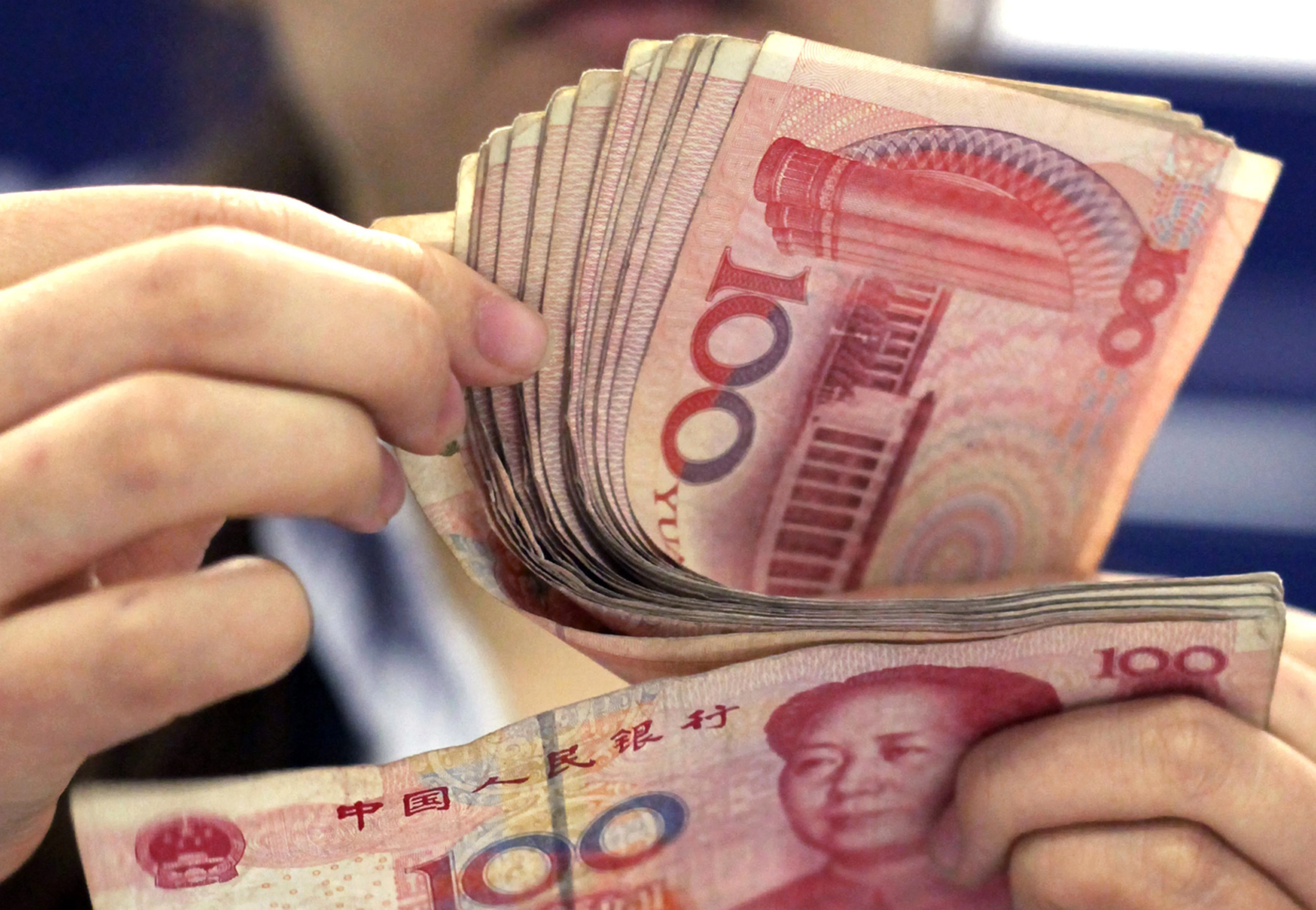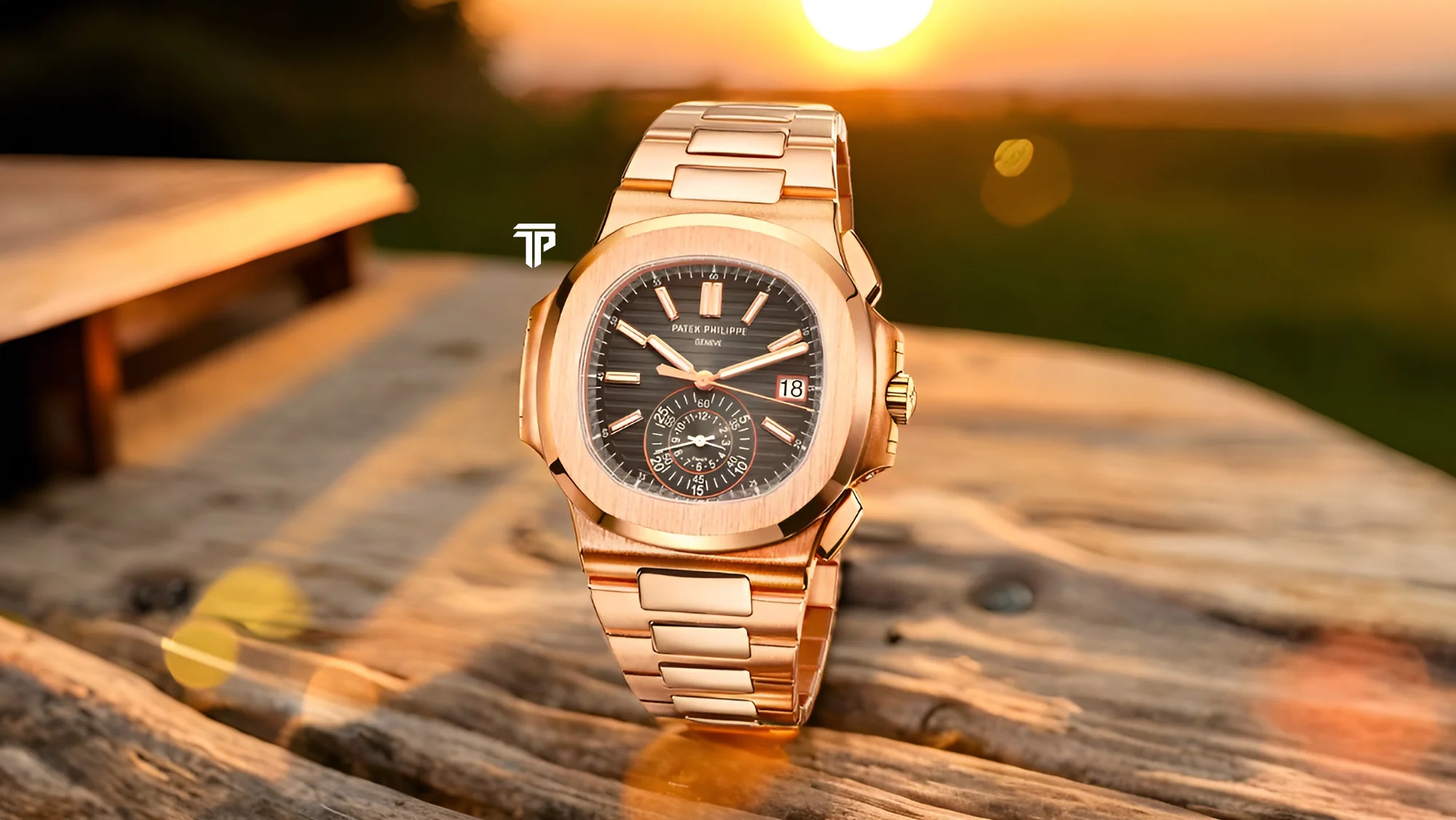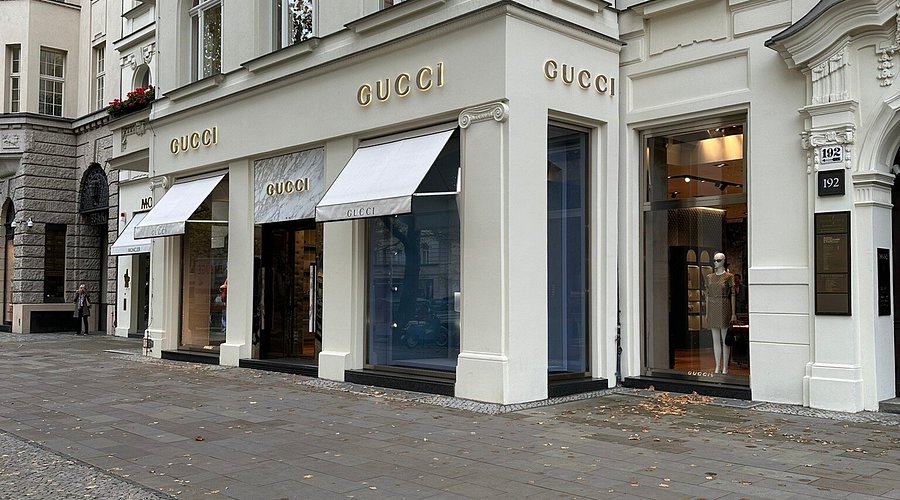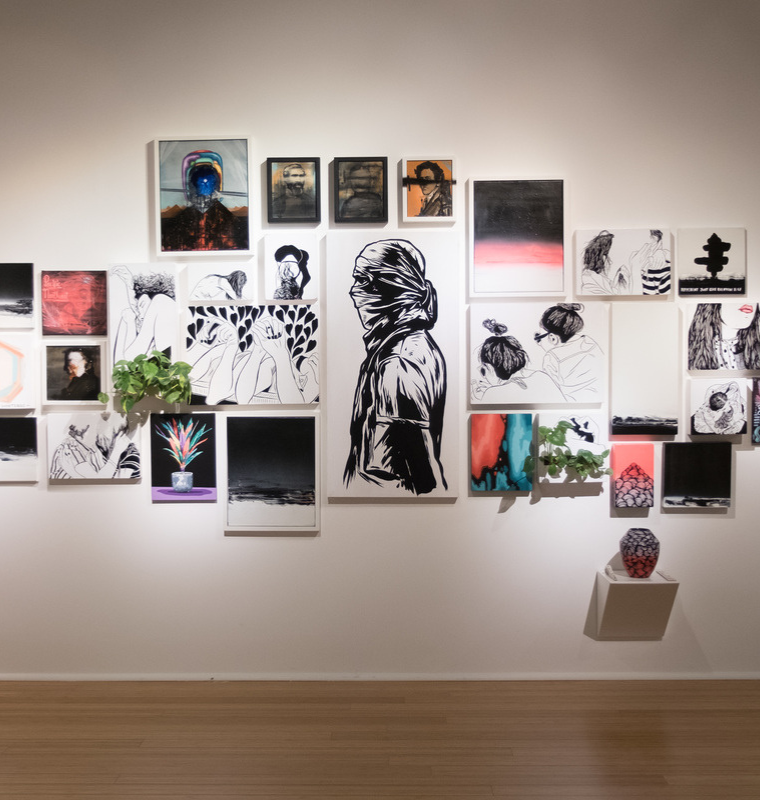Time as Tender explores how the ultra-wealthy are trading money for control over life itself.
By
John Carter
Last updated:
October 9, 2025
First Published:
October 9, 2025

Photo: South China Morning Post
When Time Becomes the Ultimate Luxury
In the modern age of affluence, money is no longer the most coveted resource — time is. The ultra-wealthy, after conquering material desires, have turned their focus toward bending, borrowing, and buying more of what cannot be earned back. From longevity research to personalized time management ecosystems, this new pursuit is not just about living longer but about living with control over every second. Time has quietly replaced gold as the tender of the rich.
The Trade Between Wealth and Mortality
Once, the ambition of the rich was to leave behind legacy through empires and names etched in stone. Now, the ambition is to extend presence itself. Billionaires are investing billions into biotech companies developing anti-aging therapies, cellular repair programs, and cryogenic preservation systems. To them, immortality is no longer myth but a matter of funding. Their fortunes are being exchanged not for things, but for chances — chances to remain in the story a little longer.
The Age of Borrowed Life
Longevity clinics across the world are transforming into the new private clubs of the elite. Members undergo genetic scans, hormone recalibrations, and sleep optimization treatments designed to stretch every year into two. The ultra-wealthy no longer just manage their money; they manage their biology. They are not waiting for time to slow down — they are buying technology to hold it still.
Beyond Ownership, Toward Experience
This pursuit of time has changed how the rich consume luxury. Ownership now feels heavy, tied to maintenance and waste. Instead, they seek ephemeral experiences — private expeditions, temporary residencies, and curated memories that last longer emotionally than physically. The new luxury is to float through life unanchored, owning nothing yet touching everything. It is the art of possessing moments instead of things.
Temporal Architecture
Even architecture is adapting to this new philosophy. Mansions are being designed with fluidity in mind — convertible rooms, dynamic light cycles, and seasonal redesigns. Homes evolve with their owners rather than exist as static monuments. These spaces are built to move, breathe, and respond, echoing the owner’s desire for flexibility in an era where permanence feels outdated.
Technology as a Timekeeper
Artificial intelligence has become the wealthy’s most loyal steward of time. Personalized AI assistants optimize schedules to the minute, balancing productivity with pleasure. Predictive systems anticipate decisions before they’re made, eliminating delays. For the rich, efficiency is not a discipline but an ecosystem — a network of invisible algorithms quietly stretching each day into something bigger than twenty-four hours.
The Emotional Economy of Time
Beyond convenience, the pursuit of time has emotional weight. As the rich strive to escape mortality, they are also confronting meaning. The more they extend life, the more they question how to fill it. Retreats centered on mindfulness and presence have become as essential as financial advisors. The wealthy are learning that longevity without purpose is not luxury — it is burden.
The Price of Borrowed Eternity
Time, like all forms of wealth, comes at a cost. Longevity treatments require constant upkeep, data-driven monitoring, and early access to experimental science. Those who can afford it are effectively buying a future that others cannot yet reach. This widening gap between temporal privilege and ordinary lifespan may define the next great social divide. Time inequality could soon eclipse income inequality as the moral question of the century.
Rewriting the Meaning of Legacy
As immortality becomes thinkable, legacy is being rewritten. Instead of monuments, the rich are now building continuity — digital consciousness projects, family archives managed by AI, and generational health trusts that secure vitality for descendants. Legacy has evolved from remembrance to presence, a living thread that extends across time rather than ending with it.
The New Currency of Existence
Time has emerged as the new currency of existence. For the ultra-wealthy, every innovation, every investment, and every experience is now measured in hours gained, not dollars spent. This transformation reveals a profound truth — that even with infinite resources, the rarest luxury is still a moment unhurried. The rich may one day stretch their years beyond natural limits, but what they truly chase is not immortality, it is the feeling of being completely alive in the time they already have.
Subscribe to unlock premium content
Sed at tellus, pharetra lacus, aenean risus non nisl ultricies commodo diam aliquet arcu enim eu leo porttitor habitasse adipiscing porttitor varius ultricies facilisis viverra lacus neque.
A comprehensive guide on Agile development

10 Productivity tools that are worth checking out

Top 7 Must have management tools for productivity

A comprehensive guide on Agile development

10 Productivity tools that are worth checking out

A comprehensive guide on Agile development









